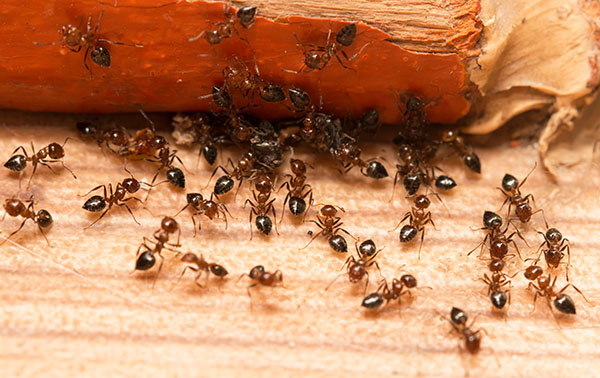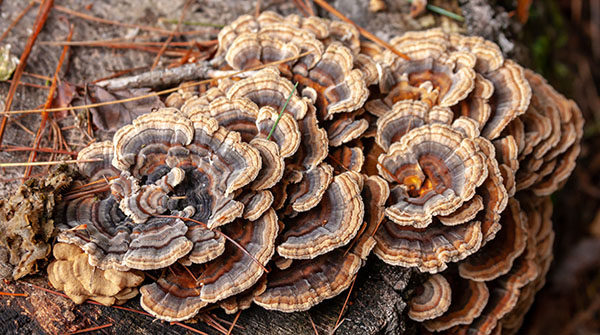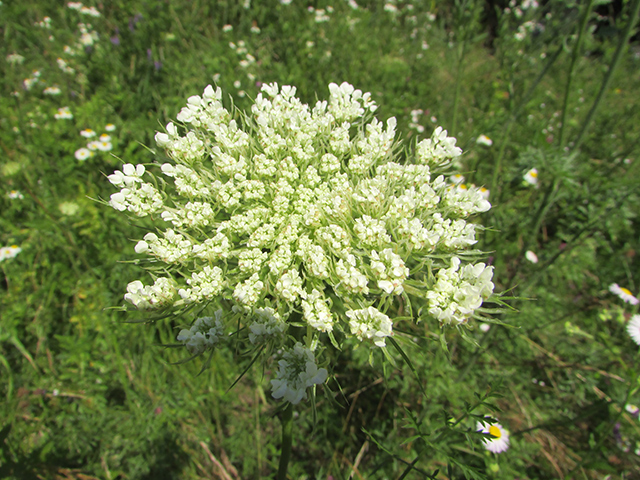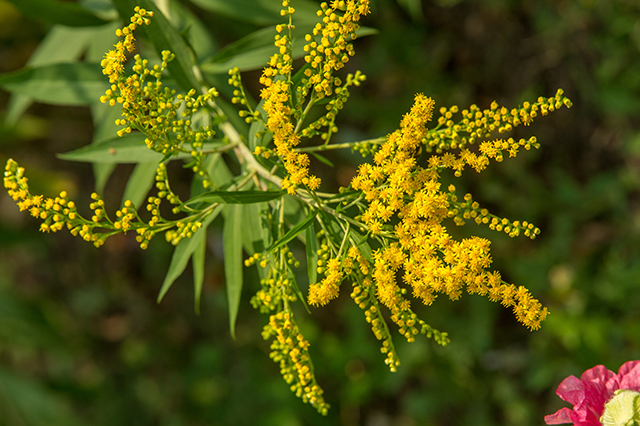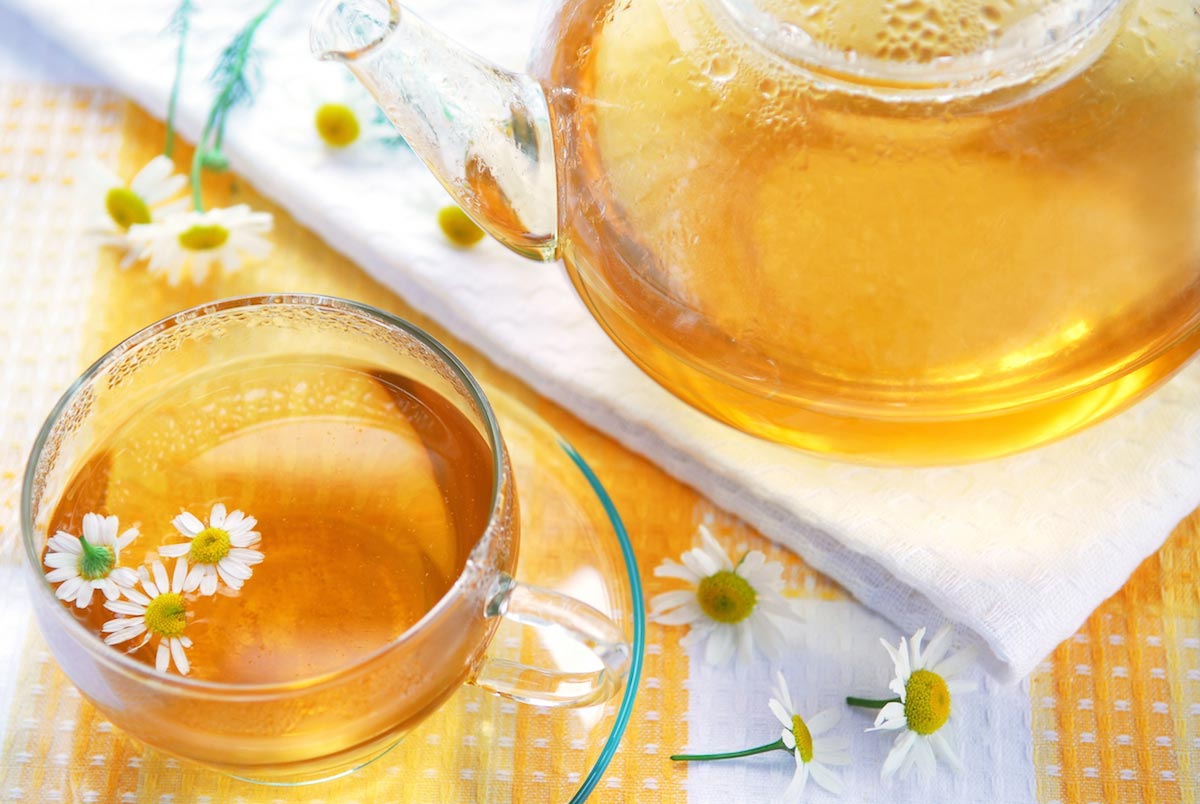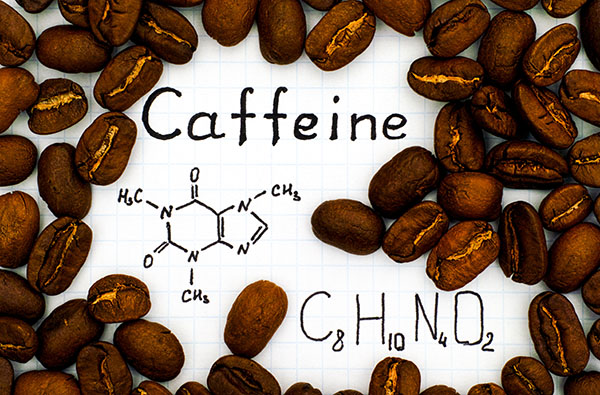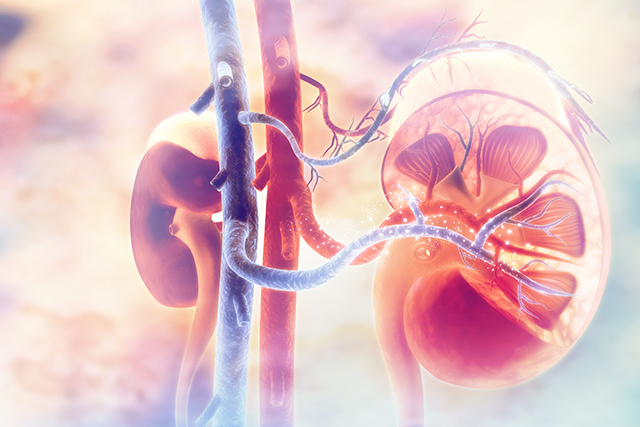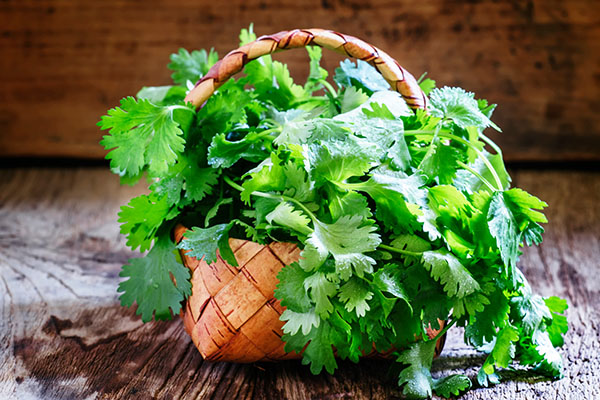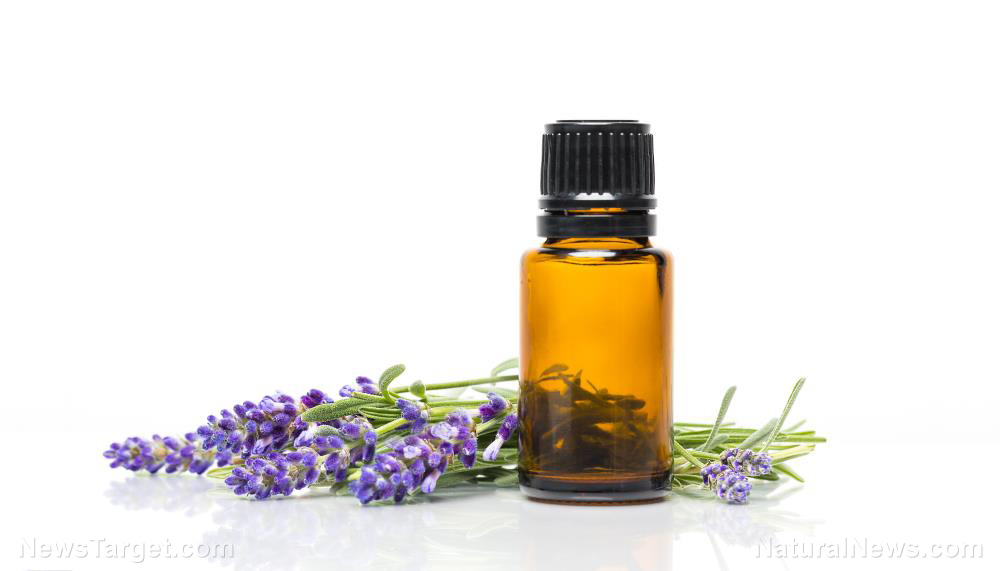Study: Tart cherries can help improve sustained attention and reduce mental fatigue
06/20/2023 / By Evangelyn Rodriguez
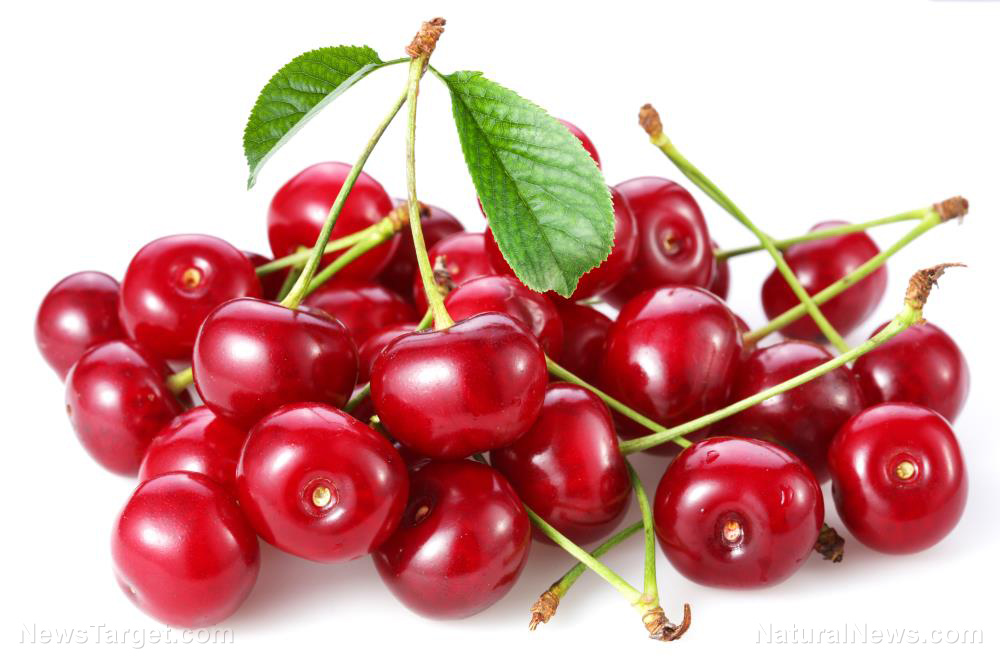
Tart cherries, or sour cherries (Prunus cerasus), are an incredible superfood that has gained widespread popularity in recent years. Montmorency tart cherries, the most commonly grown cultivar of tart cherries in the U.S., are often recommended to people with inflammation-related conditions, such as gout and arthritis, because of their potent antioxidant and anti-inflammatory activities.
According to studies, the remarkable health benefits of tart cherries stem from their abundance of polyphenols and essential nutrients, such as copper, iron, magnesium, manganese, potassium and vitamins B1, B6 and C. These beneficial components are also responsible for tart cherries’ positive effects on heart health, exercise-induced pain and recovery, stress and mood. As an excellent source of melatonin, tart cherries also promote better sleep.
In addition to these, a recent study published in the British Journal of Nutrition found that eating tart cherries also has a positive impact on cognition and mood. Following supplementation with Montmorency tart cherry concentrate for three months, middle-aged adults who participated in the study experienced improvements in cognitive performance and perceptions of fatigue and alertness.
These findings suggest that a healthy diet that includes tart cherries could help slow down deteriorations in cognitive function, which start in early adulthood and progress more rapidly in midlife. (Related: Tart cherry juice found to improve focus and cognitive function.)
Montmorency tart cherries are a rich source of anthocyanins – polyphenols that give many fruits and vegetables their red and blue colors. Polyphenols have potent antioxidant, anti-inflammatory and anticancer properties, and together with other phytonutrients in tart cherries (e.g., carotenoids and indolamines), they are capable of crossing the blood-brain barrier. This means that tart cherry polyphenols can exert their beneficial effects on the brain with ease.
Earlier studies suggest that one of the ways dietary polyphenols improve brain function is by increasing cerebral blood flow. Maintaining continuous blood flow to the brain ensures constant delivery of oxygen and glucose to brain cells and the timely removal of waste products, all of which help the brain function to its fullest capacity.
To determine the effects of long-term supplementation with tart cherries on cognitive function and mood, and to find out if it does increase blood flow to the brain, researchers recruited 56 middle-aged adults with low intakes of fruits and vegetables, low physical activity levels and at least one additional risk factor for Type 2 diabetes. The study was part of a larger clinical trial examining the influence of dietary polyphenols on various health indices.
The participants were randomly assigned into either the control group, which received a placebo, or the treatment group, which was tasked to take 30 milliliters (mL) of Montmorency tart cherry concentrate twice daily for three months. During the duration of the trial, the participants were asked to avoid consuming cherries, cherry products or antioxidant supplements, and to continue their usual diet and exercise routines.
The participants kept food diaries and their sleep, cognitive function, health and cerebral blood flow were all assessed before tart cherry supplementation and after the three-month intervention was over.
Tart cherry supplementation positively affects cognitive performance and mood
The researchers found that tart cherry supplementation did not have a significant effect on the participants’ sleep and cerebral blood flow, but it positively affected their cognitive performance and mood. Specifically, the treatment group had higher digit vigilance accuracy and alertness scores and lower mental fatigue scores than the placebo group after three months of tart cherry supplementation.
The digit vigilance test is a simple task designed to measure sustained attention and psychomotor speed. Sustained attention refers to the ability to focus on an activity or stimulus over a long period of time. The researchers believe that the increased accuracy shown by the treatment group in the digit vigilance task can be attributed to the anti-fatigue effects of tart cherries. They also noted that this improvement in sustained attention could be beneficial to middle-aged adults when doing daily tasks like driving and working.
Aside from improved attention and alertness, the tart cherry group also experienced a reduction in mental fatigue. Mental fatigue is a product of long-term stress and refers to a state of tiredness that sets in once the brain’s energy levels are depleted. The researchers intentionally repeated the cognitive tests twice to induce mental fatigue in the participants.
In line with previous studies, the researchers noted that histidine metabolism was upregulated after supplementation with tart cherries. They believe this event is responsible for the reduced mental fatigue experienced by the participants. The amino acid histidine is a precursor to histamine; studies show that increasing brain histamine levels through histidine supplementation can greatly reduce mental fatigue.
Other amino acids whose blood plasma levels were increased following tart cherry supplementation were phenylalanine, betaine and serine. These nutrients all play an important role in the maintenance of optimal brain health and function. The researchers believe that the increase in these amino acids is due to the influence of tart cherry polyphenols on protein fermentation in the colon and the metabolism of amino acids by gut commensal bacteria.

Analysis of the participants’ blood plasma also revealed that tart cherries increased plasma levels of choline, a derivative of serine that plays a pivotal role in neurotransmission. According to a study published in the journal Behavioral Neurology, maintaining healthy levels of choline through diet and supplementation has protective effects on cognitive functions, such as learning, verbal fluency, processing speed, sustained attention and working memory.
Previous studies suggest that tart cherries have vasomodulatory properties, meaning they can help regulate blood flow. An acute bolus of Montmorency tart cherry concentrate has also been reported to influence cerebral blood flow. The researchers hypothesized that the lack of effect they observed following long-term supplementation with tart cherries could be due to the rapid metabolism of anthocyanin and its metabolites. (Related: Here’s a laundry list of the disease-fighting effects of anthocyanins.)
It is possible, the researchers noted, that the vasomodulatory effects of tart cherries coincide with peak plasma concentrations of anthocyanin metabolites. Since these compounds are quickly metabolized by the body, the conceivable changes in vascular function brought about by tart cherry polyphenols may be transient. This means that tart cherry polyphenols, particularly anthocyanins, do increase blood flow to the brain, but this effect only lasts until all the polyphenols have been broken down by the body.
Based on their findings, the researchers concluded that “… bioactive foods that are rich in anthocyanins and other (poly)phenolic compounds can have an anti-fatiguing effect during periods of high cognitive demand, which are [sic] beneficial in daily tasks requiring vigilance.” Middle-aged adults could certainly benefit from incorporating tart cherries into their daily diet, as doing so could not only boost their brain performance, but also help slow down age-related cognitive decline.
Tart cherries are a widely studied superfood. For more research-related news on tart cherries and other superfoods, visit FoodScience.news.
Watch this video to learn more about the health benefits of tart cherries.
This video is from the Holistic Herbalist channel on Brighteon.com.
More related studies:
Catch a wink with cherries: Drinking tart cherry juice found to promote better sleep.
The brain-boosting potential of tart cherry juice.
Study finds tart cherry helps minimize joint pain and muscle soreness in women with breast cancer.
Study shows cherries can promote weight loss, boost heart health and treat gout.
Sources include:
Submit a correction >>
Tagged Under:
aging secrets, anthocyanins, anti-aging, anti-fatigue, brain function, brain health, cognitive function, cognitive health, food is medicine, food science, fruits, health science, mental health, natural health, natural medicine, organics, phytonutrients, polyphenols, research
This article may contain statements that reflect the opinion of the author
RECENT NEWS & ARTICLES
Herbs.News is a fact-based public education website published by Herbs News Features, LLC.
All content copyright © 2018 by Herbs News Features, LLC.
Contact Us with Tips or Corrections
All trademarks, registered trademarks and servicemarks mentioned on this site are the property of their respective owners.

